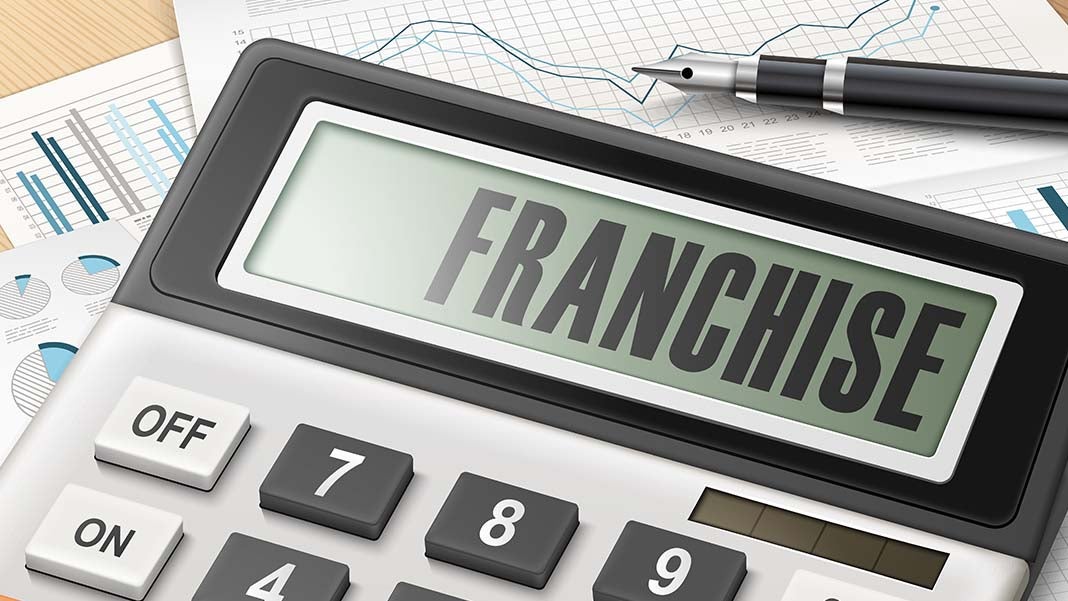4 Screens Potential Franchise Investors Must Pass
By: Bill Bradley

You’re planning to invest in a franchise, and you’re probably shopping around. You’re checking out the various options, thinking about your personal goals and preferences, talking with other franchisees—really scoping out all the businesses you’re considering.
That’s what you should be doing. Getting plenty of information helps you determine with confidence which franchise opportunity is best for you.
But the franchisor is doing the same thing. Selling a franchise isn’t like selling a pair of shoes. The franchisor doesn’t want to hand over the goods to anybody who can pay. Your success is the franchisor’s success, so they want to make sure they only choose the people who are most likely to succeed.
Related Article: Avoiding Franchise Funding Mistakes
Here are some of the things franchisors check up on before they agree to take on a franchisee.
- Can you afford the franchise?It’s not enough, from the franchisor’s point of view, that you have the upfront funds required. Many franchises have a net worth requirement, and all will want to be sure that you have enough capital not just to open the business, but to keep it running. You’ve probably heard that a typical business will take three years to become profitable. You must be able to weather those first three years, and slow times beyond that as well. You should also be able to invest in the business and in its growth over time. If you can’t, then your franchisor will be investing in you and then seeing you fail before you produce profit for the franchise.
- Are you an expert in the field?You might think that franchisors would prefer someone who really knows how to do the work of the franchise business. A tax service franchise wants tax attorneys and CPAs as franchisees, a restaurant franchise wants a chef as a franchisee, and so forth—right? Actually, no. If you’re an expert in the specific services the franchise offers, the franchisor would rather have someone else be the franchisee and hire you to work in the franchise. The perfect franchisee is someone who can manage and grow the business following the franchisor’s system, not someone who will have his or her own way of doing things.
- Are you in the right place? Most franchises have geographic limitations. They may not be developing in your area, or you might be in another franchisee’s territory. You may be in a neighborhood that doesn’t contain the franchisor’s demographic. For example, your interest in a maternity clothing shop won’t get you far if your town has an aging population. There may even be legal issues that make your location a poor fit for a certain franchise. If this is the case, the franchisor may not respond to your inquiries at all. Don’t take it personally.
- Is your personality a good fit?Some franchisors give prospective franchisees a personality test. They’ve learned from experience that extroverts make the best franchisees in their business, or they know that detail-oriented people are more likely to succeed. They probably won’t make their entire decision on the basis of a personality test, but this data is important to many franchisors. Don’t try to second-guess the test or alter your answers to fit what you think they want. This type of test is designed to catch that kind of behavior… and your guesses might be wrong anyway.
It can be frustrating to fill out applications and be turned down or even just ignored, when you’re the purchaser. But it’s probably a good thing in the long run if you’re not chosen for an opportunity that might not really suit you.












